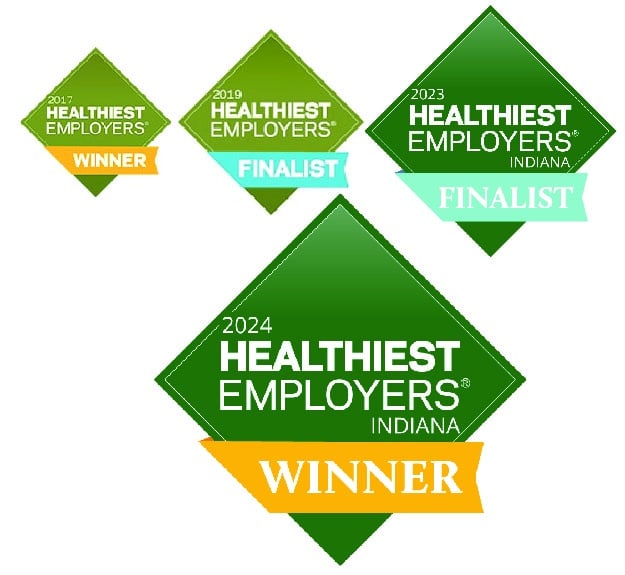The End of GLP-1 Shortages–What Employers Need to Know

The end of GLP-1 Shortages-What Employers Need to Know. The FDA recently declared that the shortage of GLP-1 medications is over—for now. This shift could mean that access to compounded, less expensive weight loss medications will become limited, if not inaccessible. This change could push patients back to the doctor for prescriptions for higher-priced medications, such as Wegovy and Zepbound.
Without access to cheaper medications in this category, employers could see an increase in questions from employees about coverage options. Concerns about the cost of brand-name medications, what steps can be taken to ensure affordability, if there are alternative options, and how these changes will impact their overall healthcare plan and other prescription coverage need to be addressed.
Employers need to be prepared for the end of the GLP-1 Shortages.
Now, more than ever, employers need to have conversations with their benefits consultants about coverage for weight loss medications. Employers should consider the following key areas:
- Cost Analysis. Employers should discuss the immediate and long-term financial impacts of covering weight loss medications with their consultants. For example, could increased healthcare costs due to more employees going back to the physician for a prescription and the direct expense of the medications be offset by fewer long-term healthcare expenses, such as fewer instances of chronic conditions like diabetes or heart disease?
- Eligibility Criteria. Employers should determine which employees are eligible for weight loss medication coverage. Criteria can include factors such as BMI thresholds, chronic conditions like diabetes or hypertension, and a demonstrated need for the medication. Establishing clear guidelines helps ensure fairness and appropriate use of medication.
- Prior Authorization Requirements. Implementing prior authorization can help manage healthcare costs effectively and ensure that weight loss medications are only prescribed to appropriate candidates with a demonstrated need, helping avoid misuse or over-prescription.
- Utilization Management. Correct utilization management helps ensure that the medications are being prescribed and used in a way that improves health outcomes while controlling costs.
- Communication and Education. Education about available options, including coverage details, eligibility, and the proper use of these medications is essential. Clear communication can help manage expectations and reduce the likelihood of confusion or dissatisfaction among employees.
With weight-loss drugs soaring in popularity and as regulations fluctuate, it’s essential for employers to consider if—and how—they will offer these drugs. A benefits specialist can help you evaluate these areas and determine the most cost-effective and safest approach for your workforce. Don’t wait. Ensure your benefits program is up-to-date and current legal and regulatory requirements are being followed.
More than a prescription.
We have found that the employers who are offering these medications have been most successful when providing adequate clinical support to workers alongside the prescription. For example, offering health coaching and structured weight-loss programs to those using weight-loss medication. This approach helps employees learn and develop sustainable lifestyle changes so they can manage their weight without relying on medication long-term.
A culture that focuses on long-term health can improve overall well-being and can help lower the risk of developing chronic diseases like diabetes or heart conditions. For employers, it means creating a more positive and supportive work environment.
If you have questions about weight-loss medications for your employees, reach out to a benefits advisor to explore your options and develop a strategy. You’ll be happy you did!












